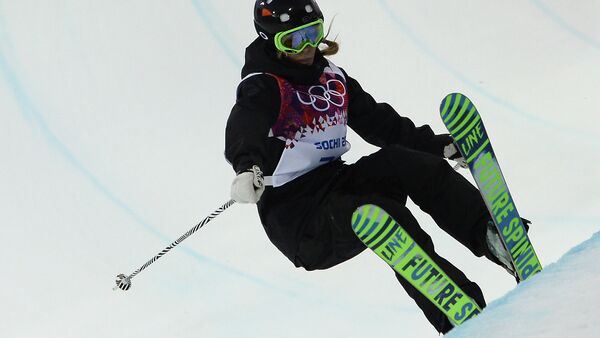“It is not fair when athletes, who can use medical exemptions to beat drug testers are allowed to compete with their ‘clean’ colleagues. I was outraged to learn from the latest disclosures that some sportsmen had for many years used drugs to show great results,” Griffiths complained.
When asked about the IOC’s decision to ban many Russian athletes from the Rio Olympics, Katia Griffiths said that in some cases those were unfair decisions and she felt sad about it.
In July 2016, a WADA commission led by Richard McLaren presented a report based on the investigation results, in which Russia was accused of running a state-wide doping program, urging the International Olympic Committee (IOC) to consider a blanket ban on the entire Russian team.
The second part of McLaren's report was presented on Friday in London. It contains 144 pages, including tables with data on doping samples without specifying the names of the athletes. The report refers to the runner Anastasiya Kapachinskaya and discus thrower Darya Pishchalnikova.
Their disqualification for doping abuse has been officially reported previously.
Moscow has repeatedly denied such allegations, stressing that the report does not include enough reliable evidence.



